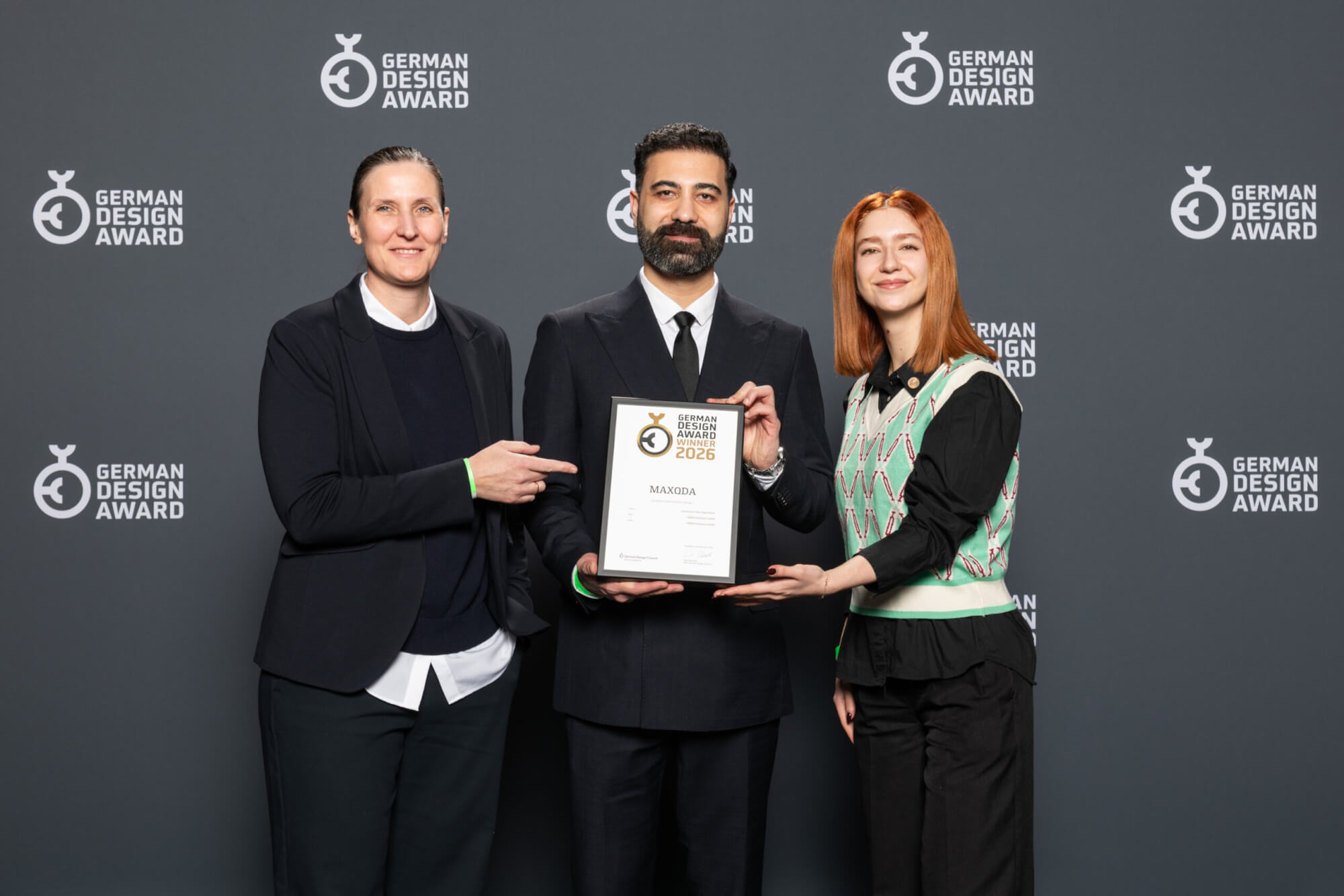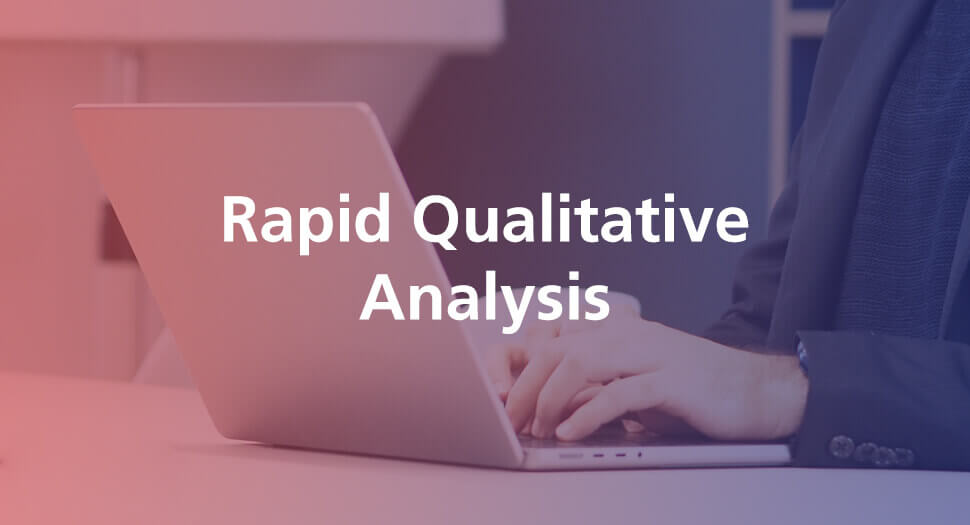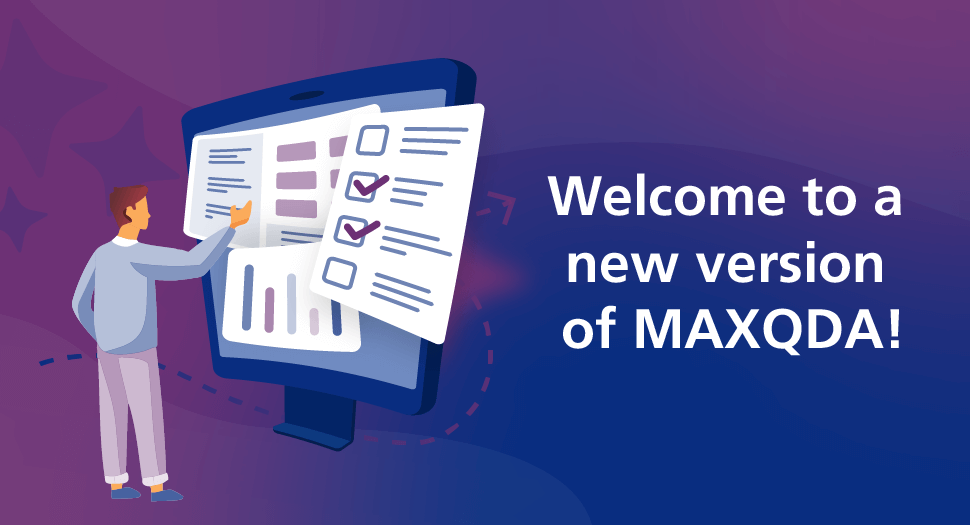Guest post by Linyan Ruan.
Teachers’ professional development has been my central research topic over the past five years, focusing on the development of young teachers starting out in the profession. I grounded my analysis on the continuums in novice teachers’ exogenous development and endogenous growth, by establishing teachers’ development systems on a meso-level and by inquiring into their everyday knowledge on a micro-level.
This article will examine my work with MAXQDA 2018 on a cooperative research project with the Education Institution of Yangpu District Shanghai on Novice Teachers’ Support System and my doctoral dissertation on Young Teachers’ Everyday Knowledge. Both studies are relevant because the research experience collected in the project on Novice Teachers’ Support System laid a good foundation for the topic selection and material accumulation of my doctoral thesis.
MAXQDA as a Research and Analysis Assistant

I have used MAXQDA as a research and analysis assistant for more than 3 years. MAXQDA not only serves as a systematic tool for sorting out and analyzing research data, but also helps me a great deal in my literature assessment process. I would, therefore, like to begin by providing an overview of my research journey with MAXQDA from 3 perspectives:
Literature Management and Review
First, MAXQDA provides easy-to-use tools for literature reviews. Developing your own theoretical standpoint is a long process and is dependent on having a secure understanding of existing literature and theories. The use of literature management software such as MAXQDA 2018 is, thus, a crucial element of writing a doctoral dissertation today. You can see examples of how I used MAXQDA to manage my large amount of literature management in the two screenshots below:
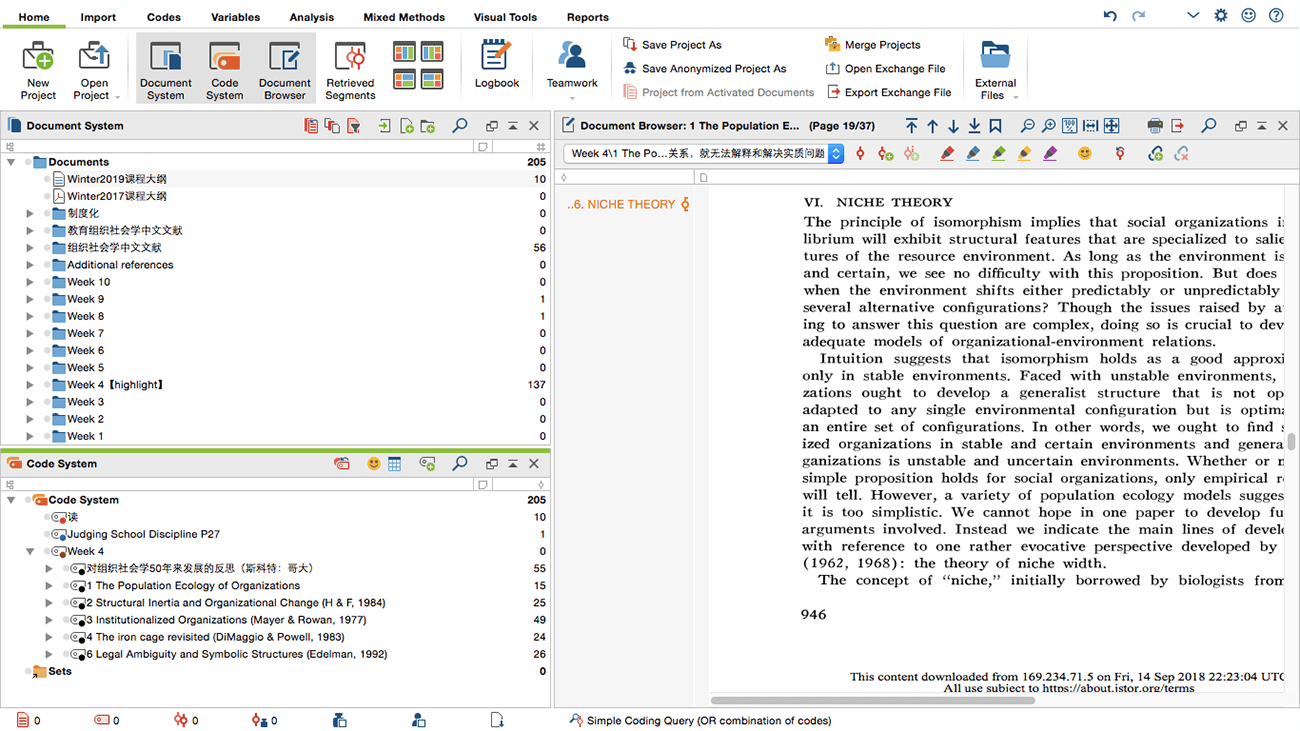
Picture 1: Literature Management – Importing Documents into MAXQDA
Picture 1 shows how literature concerning organizational sociology was imported week by week, allowing me to click and read these texts without having to switch software. Based on my research experience in the field of Sociology of Education and the intuitive system of literature management with MAXQDA, I successfully figured out an overall outline of my research topic among diverse existing studies. MAXQDA enables me to highlight key concepts from different literature quickly and organize them systemically in the code system.
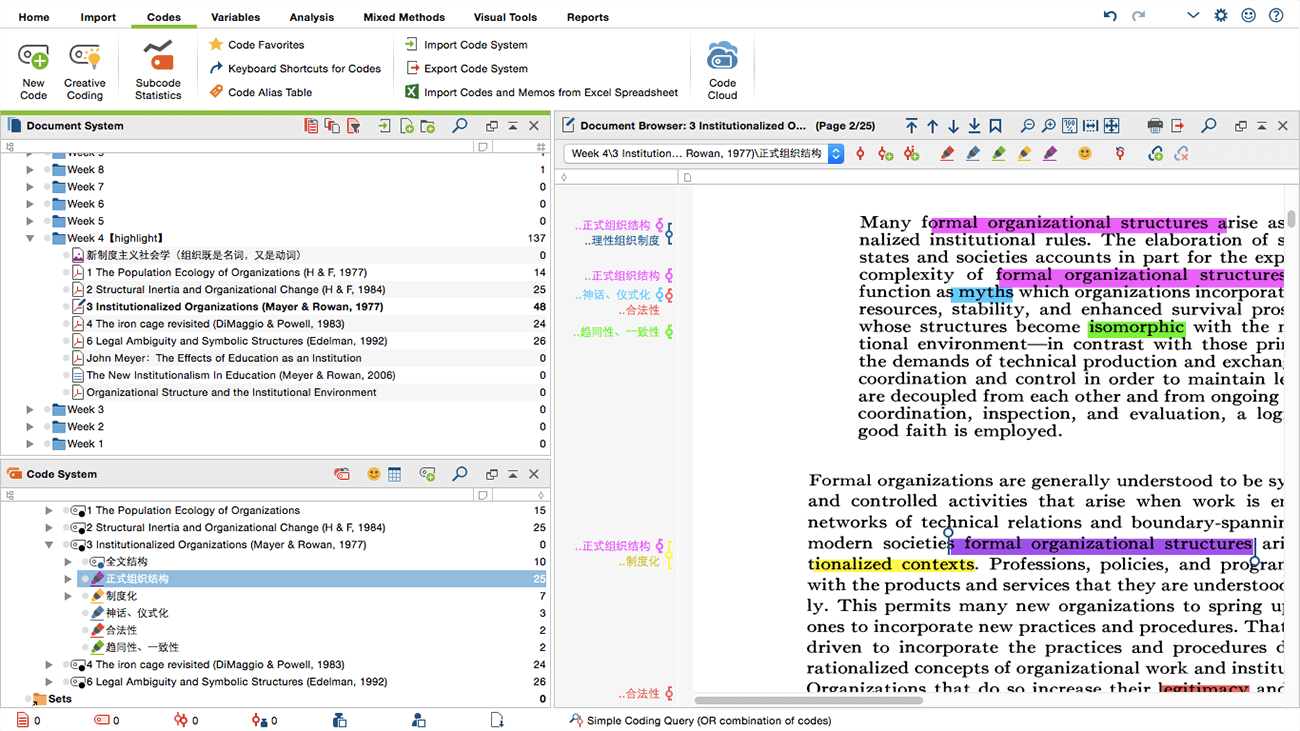
Picture 2: Literature Management – Coding with MAXQDA
In Picture 2, you can see how I coded key points in MAXQDA’s “Document Brower” window text by text, which then allowed me to sort out connected ideas in my Code System. MAXQDA’s various coding options e.g. color coding and emoticoding made my first round of coding impressively intuitive and efficient.
In further processes, I could always rename the existing codes or reorganize my code system flexibly with only a few simple clicks. I could also conveniently find literature sources when citing concepts or views linked with my dissertation. I recommend importing PDF and WORD versions of the texts in order to do so most easily.
Categorization Support
Second, MAXQDA provides vital support in the categorization process of various types of research data. A doctoral study is comprised of a series of studies, including a pilot study and other related research projects. Taking my own doctoral dissertation as an example, before I decided to concentrate on young teachers’ everyday knowledge, I conducted a cooperative research project with the Education Institution of Yangpu District Shanghai, which concerned novice teachers’ role identity and their practical knowledge. This experience helped me firmly establish the research value and related key concepts of my dissertation.
Throughout this process, MAXQDA not only helped me categorize and sort out complex data but also assisted me in capturing data frameworks from different research foci while reviewing my first-hand materials. The screenshots below provide some examples of this process:
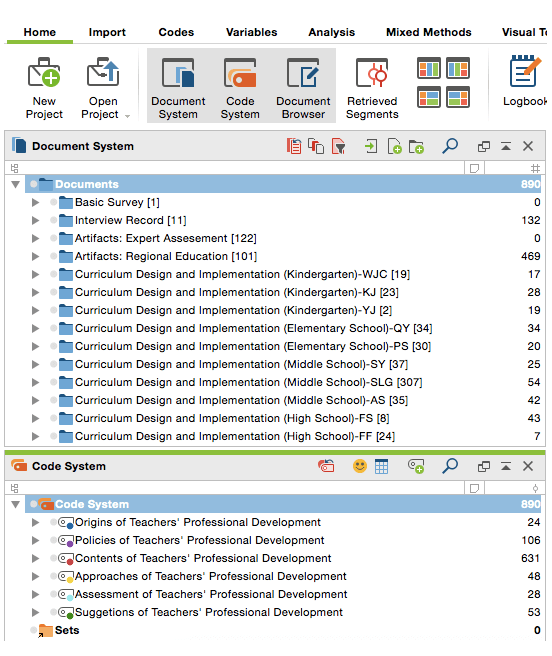
Picture 3: Data categorization with MAXQDA 2018
Picture 3 depicts the categorization of data collected as part of a collaborative research project at a public teacher training institution in the Yangpu District of Shanghai, focusing on novice teachers’ professional development. My research team and I imported 752 files (PDF, WORD, and EXCEL) as separate documents. The number in brackets is the total file number, revealing how much data we collected from each perspective or from each school, respectively.
After the content was coded based on a Grounded Theory approach with MAXQDA, 890 codes were formed in six dimensions, as shown in Picture 4:
- Origins,
- Policies,
- Contents,
- Approaches,
- Assessments, and
- Suggestions of Teachers’ Professional Development.
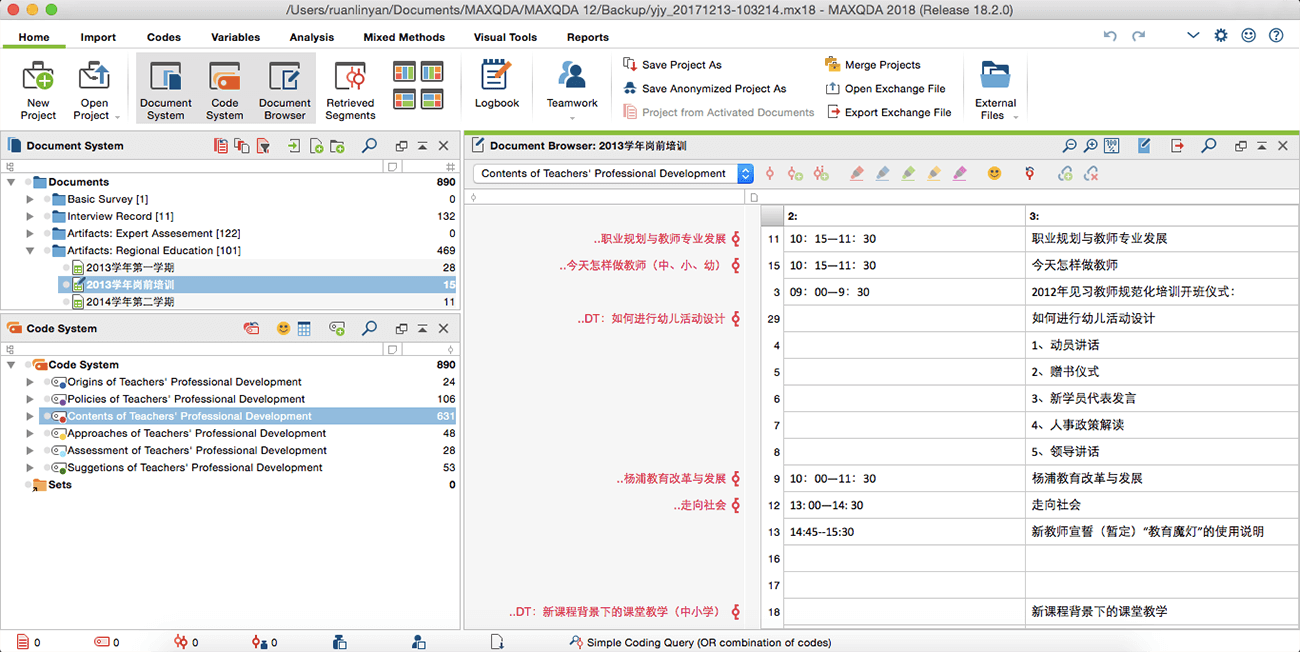
Picture 4: Data Coding with MAXQDA
Moreover, these six dimensions became selective codes, while the axial codes were organized, as shown in Picture 5 below:

Picture 5: Data coding based on a Grounded Theory approach
Assistance in Theory-Building
Finally, MAXQDA provided a framework for a middle-range theory-building. If the first and second steps discussed above are two cornerstones of qualitative research, then the third step – especially following the groundwork of the categorization and coding processes – is the most rewarding, since it involves formulating substantive theories of one’s own.
In the same research project cooperatively conducted with Yangpu District, we were able to establish a support system for novice teachers based on new teachers’ practical knowledge and pedagogical content knowledge concerning the practice of elementary/middle school and kindergarten teaching.
With our 6 selective codes, we built the novice teachers’ support system theory, as in Picture 6 below:
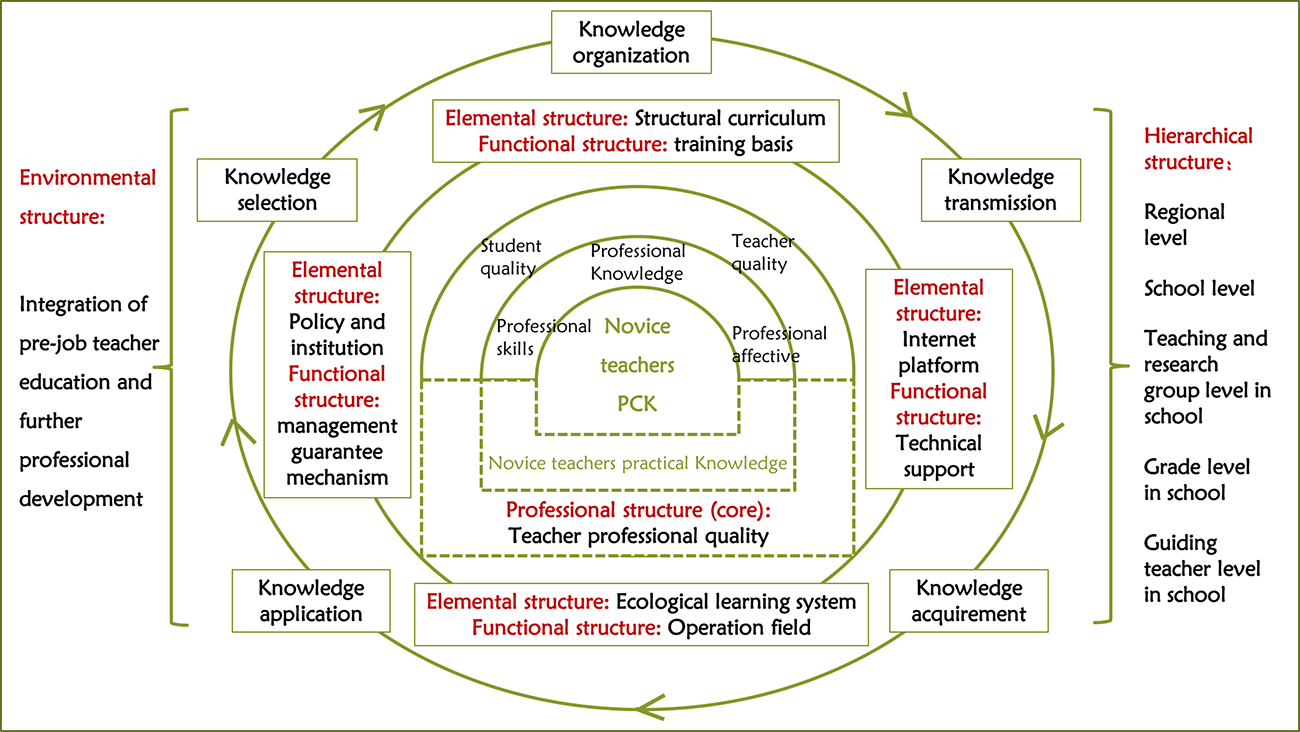
Picture 6: Grounded theory of novice teachers’ support system
(Data Origin: Key Project Report of Novice Teachers’ Cultivation Support System funded by the Ministry of Education of the P.R.C.)
The pedagogical content knowledge from the practice of elementary/middle school is presented in picture 7 below:
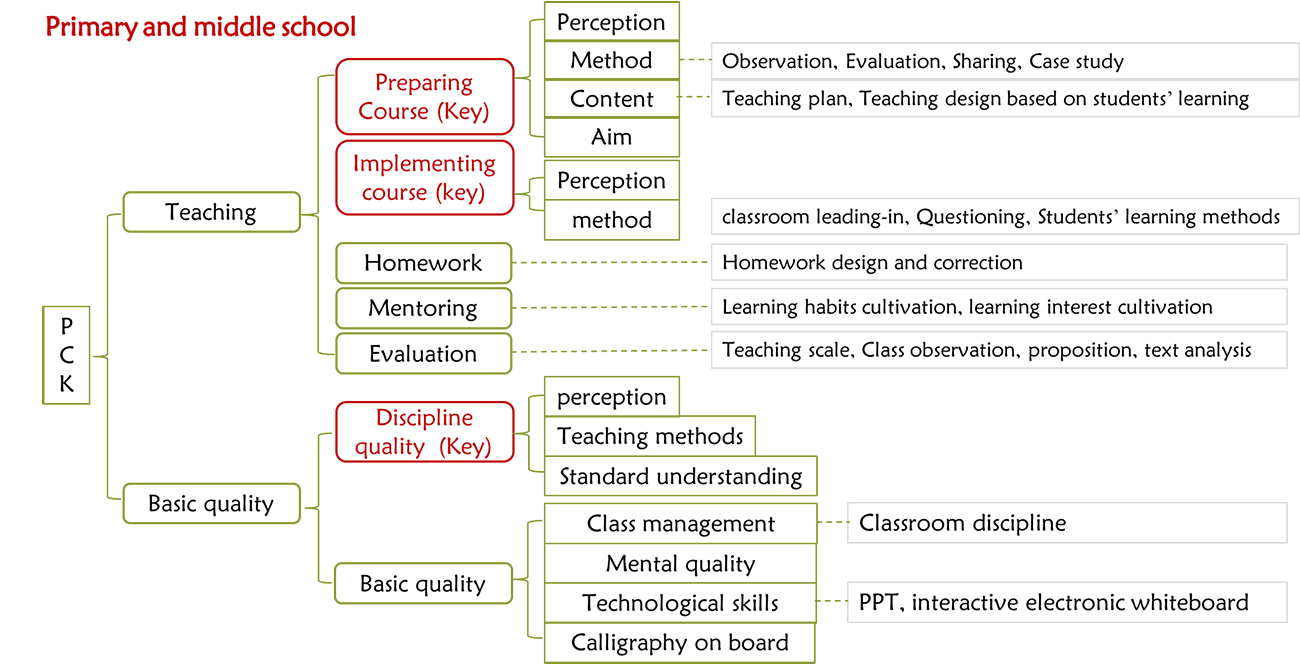
Picture 7: Grounded theory of PCK from the practice of elementary/middle school
(Data Origin: Key Project Report of Novice Teachers’ Cultivation Support System funded by the Ministry of Education of the P.R.C.)
The pedagogical content knowledge from the practice of kindergarten is shown in picture 8 below:
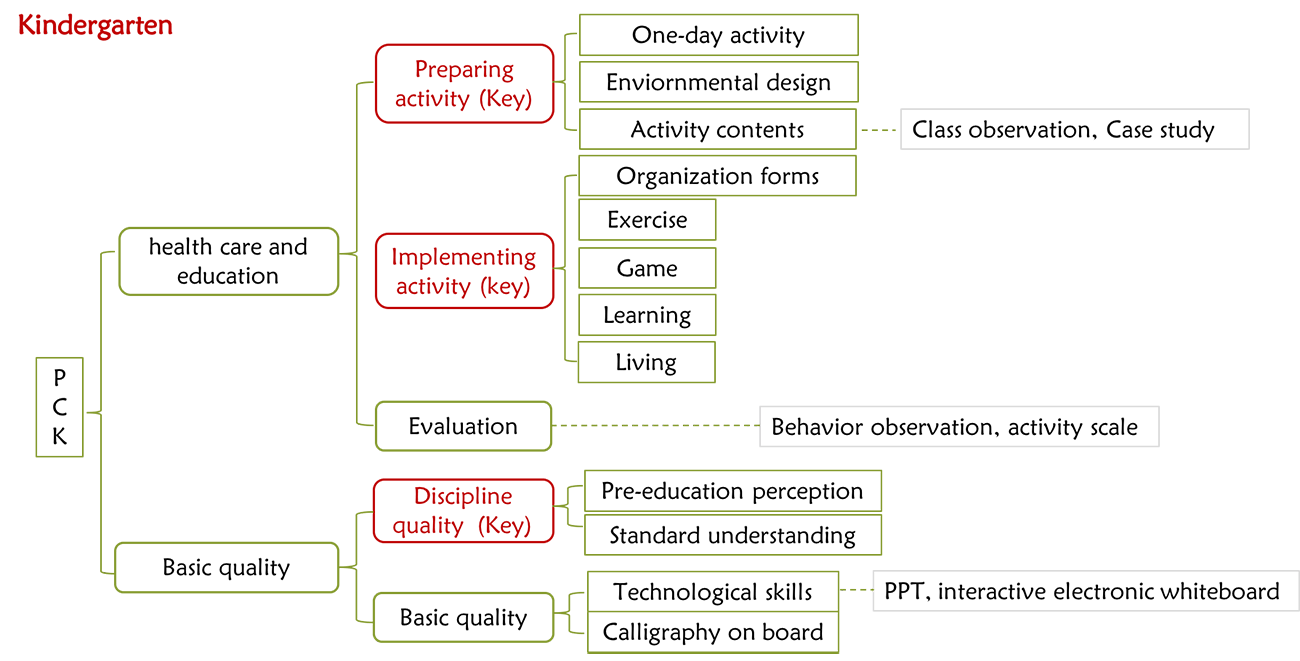
Picture 8: Grounded theory of PCK from the practice of kindergarten
(Data Origin: Key Project Report of Novice Teachers’ Cultivation Support System funded by the Ministry of Education of the P.R.C.)
Reflections on Further Studies with MAXQDA
As a researcher, I could not ignore some voices among the novice teachers themselves. They expressed strong views that a further force is needed to drive their classroom teaching, and perceptions of education in general, forward. By reading through the relevant data, again and again, I gradually discovered that, apart from the administrative support system that facilitates teachers’ professional development in a broad view, there is another force which is individual-oriented, namely “agency”. After reading a range of literature on the sociology of knowledge, individual agency in the history of sociology may be the relevant “everyday knowledge” in this context.
Clearly, everyday knowledge is different from person to person because everyone has had unique life experiences. However, when it comes to the structure of meaning, it is worth formulating some form of typification of everyday knowledge. I have therefore designed a data collection framework for young teachers. Two research participants (Fang and Lin) were the primary focuses of my research and I located them in their own schools, which are also embedded in the larger context of their regional education field.

Once I had collected and transcribed the data and imported it into MAXQDA, the first rounds of content unit analysis and summarizing content analysis (Kuckartz, 2017: pp43; 53-59) were conducted at the same time. Each interview, observation, and artifact data element associated with these participants was coded sentence by sentence, which allowed me to form key concepts step by step, including rules, values, relations, resources, interests, and power. The data categorization and coding systems can be seen in Picture 9 below:
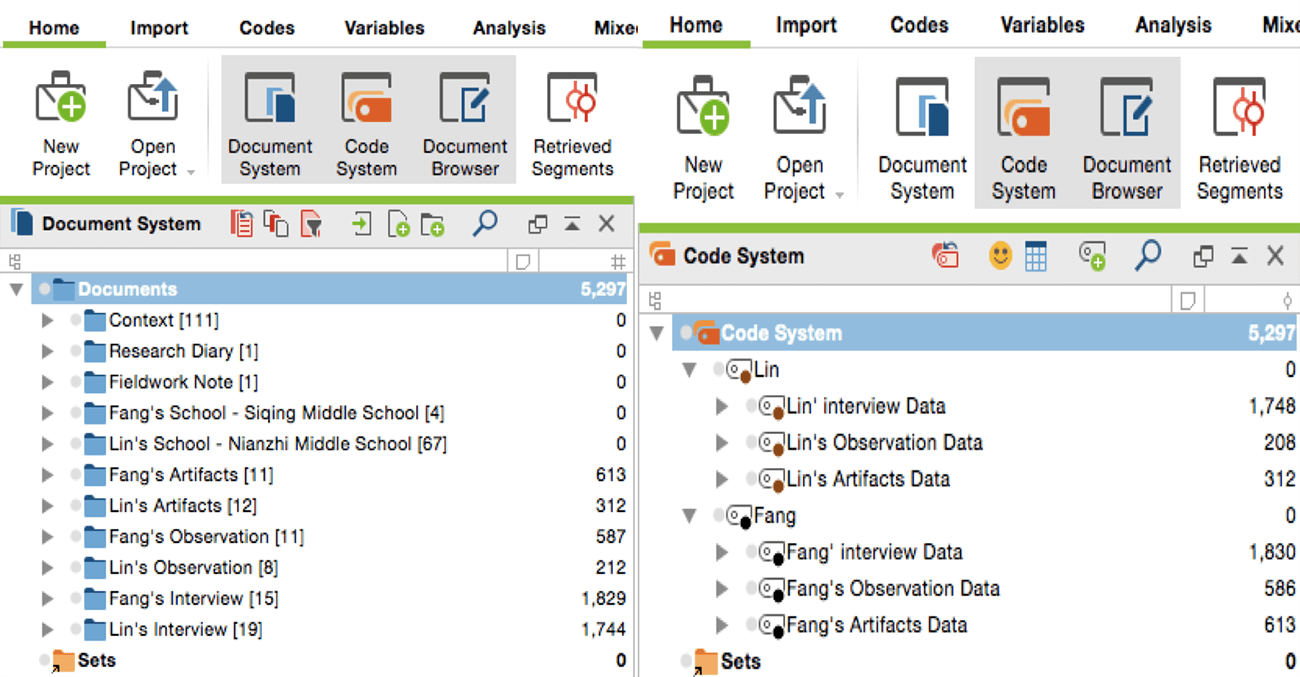
Picture 9: Data Categorization and Coding of Doctoral Dissertation
The final results as well and theory building process are still uncertain; nevertheless, MAXQDA has provided an amazing amount of help in developing an overall meaning structure of everyday knowledge. The next round of analysis will be a grounded theory analysis. After these two rounds of analysis, an everyday knowledge structure will be presented the results will be discussed with regard to existing theories and studies.
Literature cited
About the Author
Linyan Ruan is a Ph.D. Candidate in Sociology of Education and Teacher Education College of Educational Administration at Beijing Normal University and a Visiting Scholar in School of Education at University of California, Irvine. She worked as a full-time Junior Mentor Teacher in Education Institute of Yangpu District Shanghai for two years and still cooperates with them during her doctoral study period. Her research interests extend from Teachers’ Professional Development, Sociology of Education, Qualitative Research Method, Teaching and Learning, as well as School Management in Basic Education, to Philosophy of Children.

 Linyan Ruan is a Ph.D. Candidate in Sociology of Education and Teacher Education College of Educational Administration at Beijing Normal University and a Visiting Scholar in School of Education at University of California, Irvine. She worked as a full-time Junior Mentor Teacher in Education Institute of Yangpu District Shanghai for two years and still cooperates with them during her doctoral study period. Her research interests extend from Teachers’ Professional Development, Sociology of Education, Qualitative Research Method, Teaching and Learning, as well as School Management in Basic Education, to Philosophy of Children.
Linyan Ruan is a Ph.D. Candidate in Sociology of Education and Teacher Education College of Educational Administration at Beijing Normal University and a Visiting Scholar in School of Education at University of California, Irvine. She worked as a full-time Junior Mentor Teacher in Education Institute of Yangpu District Shanghai for two years and still cooperates with them during her doctoral study period. Her research interests extend from Teachers’ Professional Development, Sociology of Education, Qualitative Research Method, Teaching and Learning, as well as School Management in Basic Education, to Philosophy of Children. 